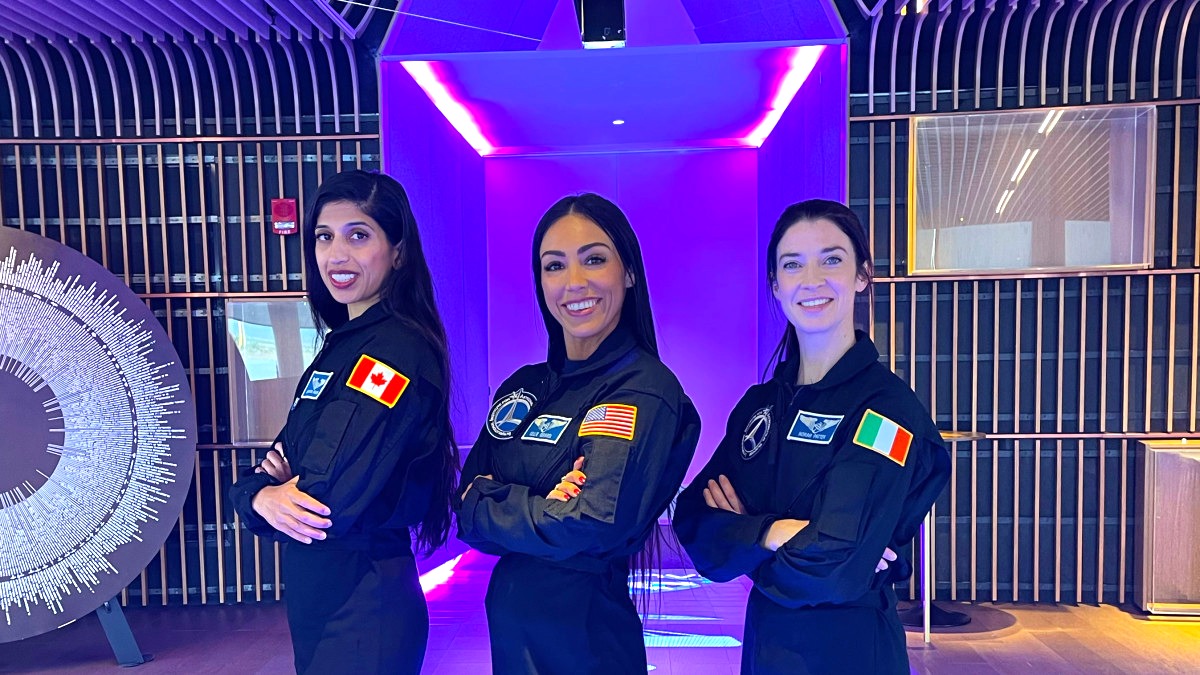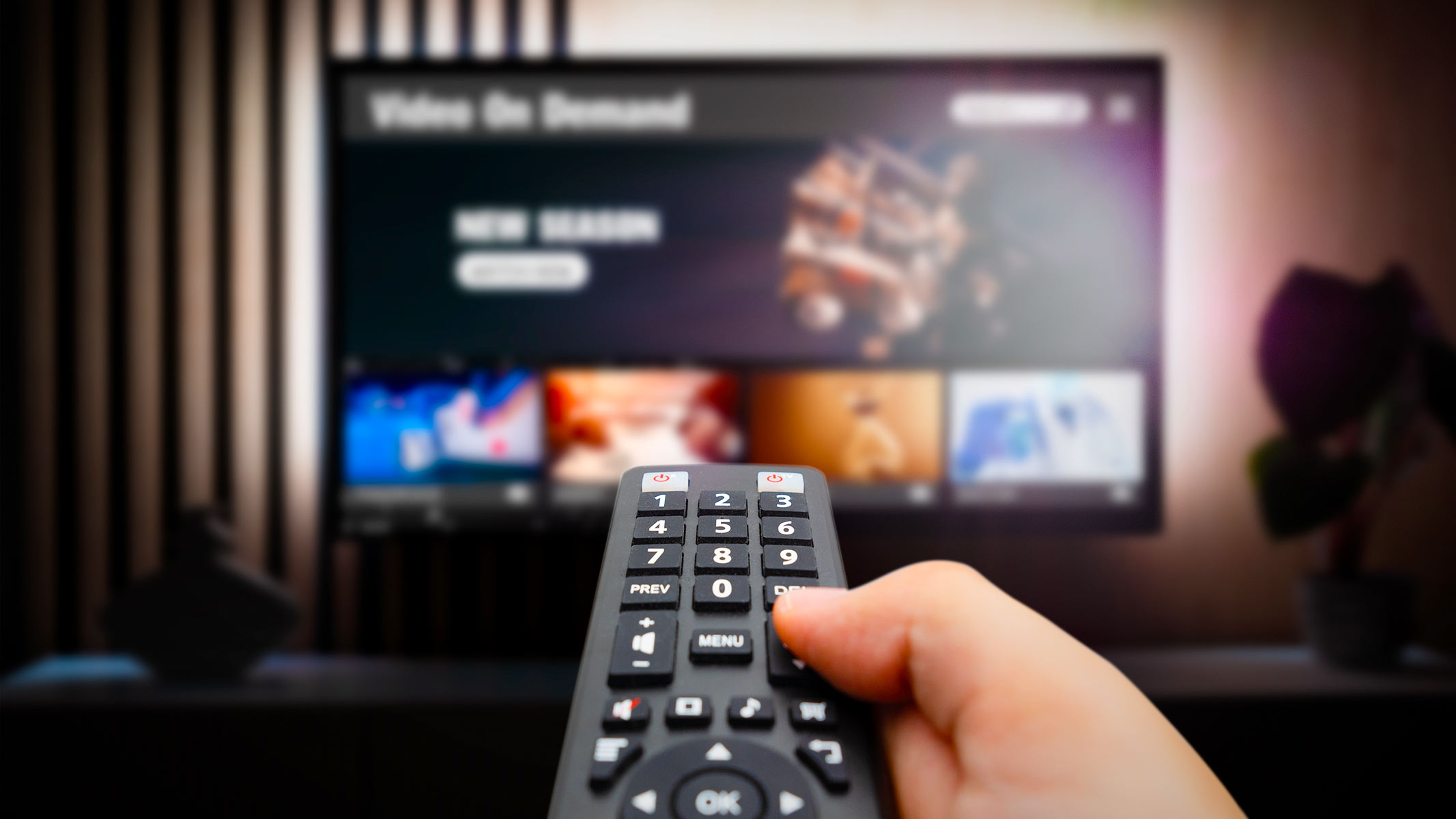Virgin Galactic announces international crew for flight on new Delta class space plane
The flight will use Virgin Galactic's Delta class of spaceplanes, which will fly no earlier than 2026.

Virgin Galactic has named one of the first commercial astronaut crews for its Delta-class planes, set to fly no earlier than 2026.
The crew, announced on Thursday (June 20), includes past Virgin Galactic American private astronaut Kellie Gerardi, who flew aboard Galactic 05 in November 2023, along with Canadian Shawna Pandya and Ireland's Norah Patten. All three are part of the non-profit International Institute for Astronautical Sciences (IIAS), whose mandate includes testing technologies in suborbital aircraft and spacecraft, and performing educational activities.
The three crew members will expand on research that Gerardi (also IIAS director of human spaceflight) performed during Galactic 05, focusing on fluid behavior with applications to human health, Virgin officials said in a statement.
Virgin, founded by Richard Branson, announced the news two weeks after the final flight of its VSS Unity spaceplane on June 8. That flight carried a Turkish researcher and three private astronauts to space after being released from the VSS Eve carrier vehicle. Delta will allow for more frequent flights than the earlier generation once it flies, Virgin has said repeatedly, but as the upgrade happens no spaceflights will occur.
"Beyond honored to lead the next IIAS research mission, advance the scientific knowledge gained from my first spaceflight, and to introduce my fellow payload specialists," Gerardi wrote on X, formerly Twitter.
Pandya, director of IIAS' space medicine group, thanked the organization for nine years of support so far. "It is not lost on me that I am the first named Canadian female commercial astronaut, and the fourth Indian origin female astronaut," she wrote on LinkedIn. "These communities have shaped who I am, and I promise to do you proud."
Breaking space news, the latest updates on rocket launches, skywatching events and more!
Patten, an aeronautical engineer and bioastronautics researcher who currently expected to be Ireland's first private astronaut, reposted Virgin Galactic's announcement on X with the message: "This", along with emojis for a rocket and a star.
Former NASA astronaut Daniel Tani, who is married to an Irish citizen, has also called himself an astronaut from Ireland.
The Delta vehicles should be able to fly up to twice a week, Virgin representatives have said, and test flights are expected in 2025 with commercial operations beginning the following year. Virgin's tickets currently cost $450,000, but other passengers bought at lower prices over the decades.
The main competitor for Virgin in suborbital space tourism is Blue Origin, founded by Amazon creator Jeff Bezos. The company sends people to space on a rocket and capsule both called New Shepard. Blue Origin has not revealed its ticket prices.
Blue Origin most recently sent its seventh group to space, including Ed Dwight, a 90-year-old first U.S. black astronaut candidate. Blue Origin had a two-year pause in crewed operations after an uncrewed research mission failure in September 2022.
This article was corrected on June 24 to remove reference to an astronaut not from Ireland, and to add reference to spacecraft testing.

Elizabeth Howell (she/her), Ph.D., was a staff writer in the spaceflight channel between 2022 and 2024 specializing in Canadian space news. She was contributing writer for Space.com for 10 years from 2012 to 2024. Elizabeth's reporting includes multiple exclusives with the White House, leading world coverage about a lost-and-found space tomato on the International Space Station, witnessing five human spaceflight launches on two continents, flying parabolic, working inside a spacesuit, and participating in a simulated Mars mission. Her latest book, "Why Am I Taller?" (ECW Press, 2022) is co-written with astronaut Dave Williams.
